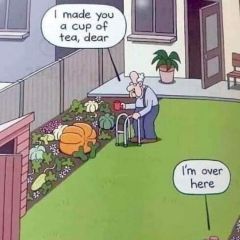IGNORED
Strokes Gained (Tee, Fairway, Rough, Sand, and Green)
Note: This thread is 2974 days old. We appreciate that you found this thread instead of starting a new one, but if you plan to post here please make sure it's still relevant. If not, please start a new topic. Thank you!
-
Topics Being Discussed Right Now on The Sand Trap
-
- 2,963 replies
- 245,739 views
-
2024 TST Outing - June 1/2 @ EagleSticks and Virtues 1 2 3 4 10
By StuM, in Member Outings & Meetups
- 176 replies
- 13,862 views
-
- 6,638 replies
- 256,158 views
-
"5 Minutes Daily" Practice Challenge 1 2 3 4 841
By iacas, in Instruction and Playing Tips
- 5 minutes daily
- dedication
- (and 6 more)
- 15,128 replies
- 912,754 views
-
- 3,495 replies
- 348,749 views
-







Recommended Posts
Create an account or sign in to comment
You need to be a member in order to leave a comment
Create an account
Sign up for a new account in our community. It's easy!
Register a new accountSign in
Already have an account? Sign in here.
Sign In Now